Who Can Get Rsv
Who Can Get Rsv: Understanding Your Risk of Infection
If you're wondering, "Who can get RSV?" the simplest answer is: practically everyone. Respiratory Syncytial Virus (RSV) is an extremely common respiratory infection that most people catch by the time they turn two years old. However, while it might just feel like a common cold for some, for others, this virus can pose a serious, life-threatening danger.
Understanding your personal risk level is the first step toward prevention and preparation. We're going to break down exactly which groups are most vulnerable to severe illness and why RSV demands our attention every cold and flu season.
What Exactly Is RSV, Anyway?
RSV is a common respiratory virus that infects the lungs and breathing passages. Think of it like a persistent cold, but one that targets the delicate airways. It spreads through respiratory droplets, such as when an infected person coughs or sneezes, or through direct contact with contaminated surfaces.
For most healthy children and adults, RSV infection resolves within a week or two without specific treatment. Symptoms usually mimic the common cold: runny nose, coughing, sneezing, and fever. The major concern arises when the virus moves deeper into the respiratory tract, potentially causing bronchiolitis (inflammation of the small airways in the lung) or pneumonia.
The Most Vulnerable: Infants and Young Children
When discussing who can get RSV severely, young children are undoubtedly at the top of the list. RSV is the most frequent cause of bronchiolitis and pneumonia in U.S. children younger than one year of age. Their tiny airways are easily overwhelmed by inflammation and mucus buildup, making breathing difficult.
Every year, thousands of children under five require hospitalization due to RSV infection. This is a crucial statistic to remember, as their immune systems are still developing and their respiratory tracts are small and easily obstructed.
The Critical First Few Months
Newborns and infants under six months are especially fragile when facing RSV. If they contract the virus, they may exhibit atypical symptoms, sometimes showing only irritability, decreased activity, or difficulty feeding, rather than typical coughing.
Severe infection risk is significantly higher for specific groups of babies:
- **Premature infants:** Their lungs are underdeveloped and more susceptible to severe infection.
- **Babies with congenital heart disease:** The strain of the illness puts added stress on their already compromised circulatory systems.
- **Infants with chronic lung disease:** Conditions like bronchopulmonary dysplasia make them highly vulnerable.
- **Children with weakened immune systems:** This includes those undergoing chemotherapy or with specific immunodeficiencies.
When Does RSV Pose the Biggest Threat to Kids?
While toddlers and older children are still susceptible, the highest hospitalization rates are seen in babies under 12 months. This is why vigilance during peak RSV season (typically late fall through early spring) is so important for families with young children.
RSV in Older Adults and High-Risk Individuals
For many years, RSV was considered strictly a pediatric concern. However, recent data clearly shows that RSV is a significant public health threat for older adults, particularly those aged 65 and older. Their symptoms are often similar to the flu, but the complications can be far worse.
The Centers for Disease Control and Prevention (CDC) estimates that thousands of older adults are hospitalized and hundreds die annually from RSV infection. This makes understanding your risk factors critical, even if you feel generally healthy.
Why Aging Bodies Struggle with RSV
As we age, a process called immunosenescence weakens the immune system's ability to mount a strong defense against viruses. Our bodies simply don't produce the same robust antibody response they once did. Furthermore, older lungs often have reduced elasticity and clearance mechanisms, making it harder to expel mucus and fight off secondary bacterial infections.
This decreased immune function means that even a mild viral infection can quickly cascade into severe pneumonia or exacerbate pre-existing conditions, leading to serious outcomes.
Underlying Conditions That Increase Risk
Certain long-term health issues dramatically increase the likelihood of severe RSV complications in adults, regardless of age. If you fall into one of these categories, you should be especially cautious about potential exposure.
- Chronic Obstructive Pulmonary Disease (COPD) or asthma.
- Congestive Heart Failure (CHF).
- Immunocompromised states (e.g., organ transplant recipients, cancer patients, HIV/AIDS).
- Diabetes.
- Residents of nursing homes or long-term care facilities.
Can Healthy Adults Get RSV? (Spoiler: Yes!)
Absolutely! If you're asking "Who can get RSV?" the answer includes you, even if you are in peak health. While you might associate it with infants, RSV infects millions of adults annually. Unlike viruses like chickenpox, catching RSV once doesn't grant lifetime immunity. Reinfections are common throughout life because the virus mutates, and your immunity wanes.
For the average healthy adult, RSV will typically feel indistinguishable from a standard winter cold. You might experience a persistent cough, sore throat, and a headache, but you usually won't require hospitalization. The biggest risk healthy adults pose is transmission—you can easily pass the virus to a vulnerable infant or elderly family member without realizing your illness is RSV.
Protecting Yourself and Others
Fortunately, recent medical advancements offer new tools for protection. If you are an older adult or are expecting a baby, talk to your doctor immediately about available preventative measures.
Preventative strategies include:
- **Vaccination:** New vaccines are now approved for adults 60 and older. There is also a maternal RSV vaccine available for pregnant individuals to protect newborns.
- **Monoclonal Antibody Product (Nirsevimab):** This preventative injection provides protection for infants and high-risk toddlers during the RSV season.
- **Good Hygiene:** Wash your hands frequently with soap and water for at least 20 seconds.
- **Avoid Contact:** Try to limit close contact (kissing, shaking hands) with people who are showing cold symptoms.
- **Stay Home:** If you are sick, stay home to prevent the spread, especially to childcare centers or nursing homes.
By practicing careful hygiene and utilizing available immunizations, we can significantly reduce the spread of RSV and protect those who are most at risk of severe outcomes.
Conclusion
To summarize, the answer to the question "Who can get RSV?" is everyone. However, the severity varies drastically based on age and underlying health conditions. The most vulnerable populations are infants under 6 months, children with chronic conditions, and adults 65 and older, especially those with heart or lung disease.
RSV is not just a nuisance cold; it is a serious seasonal threat. If you or a loved one falls into a high-risk category, please consult your healthcare provider about preventative options, including new vaccines and monoclonal antibodies. Staying informed and proactive is your best defense against this common but dangerous virus.
Frequently Asked Questions (FAQ) About RSV Risk
- Can you get RSV more than once?
- Yes. Immunity gained from an RSV infection is often short-lived and partial. You can and likely will contract RSV multiple times throughout your life, often exhibiting cold symptoms with each subsequent infection.
- Is RSV testing routine for adults?
- No, not typically for healthy adults, as treatment usually involves managing symptoms. However, testing may be performed for older adults, immunocompromised patients, or healthcare workers to confirm the diagnosis and guide treatment or isolation protocols.
- What is the incubation period for RSV?
- The incubation period for RSV is usually 2 to 8 days after exposure, but symptoms most often appear within 4 to 6 days. Infected people are usually contagious for 3 to 8 days, sometimes longer for infants and those with weak immune systems.
- How does the risk of RSV compare to the flu?
- For children under 1, RSV causes more hospitalizations than influenza. For older adults, the severity and hospitalization rates from RSV are often comparable to those from severe seasonal influenza, highlighting the need for preventative measures in both groups.
Who Can Get Rsv
Who Can Get Rsv Wallpapers
Collection of who can get rsv wallpapers for your desktop and mobile devices.
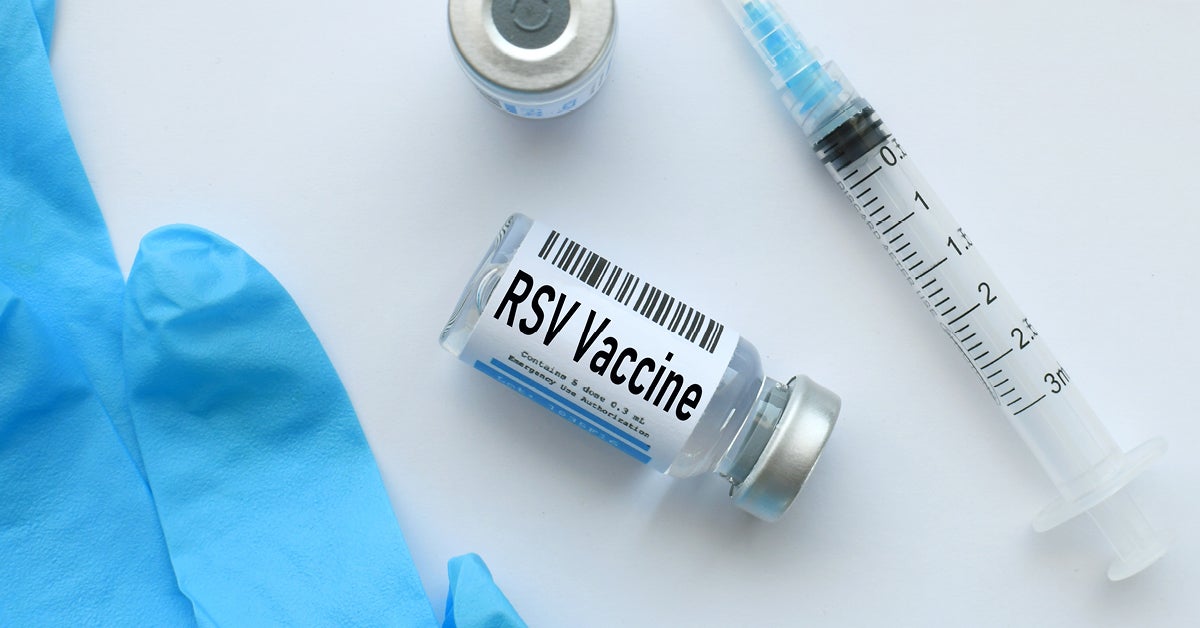
Breathtaking Who Can Get Rsv Image in 4K
Transform your screen with this vivid who can get rsv artwork, a true masterpiece of digital design.
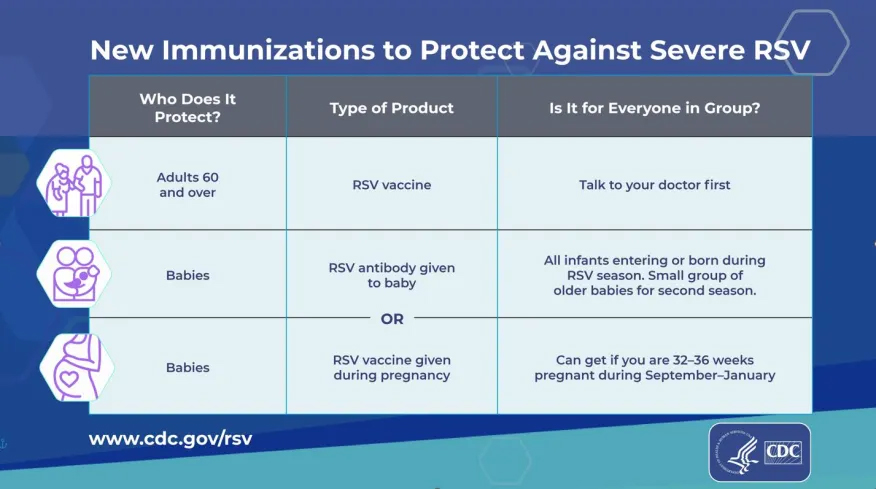
Spectacular Who Can Get Rsv Moment for Your Screen
A captivating who can get rsv scene that brings tranquility and beauty to any device.
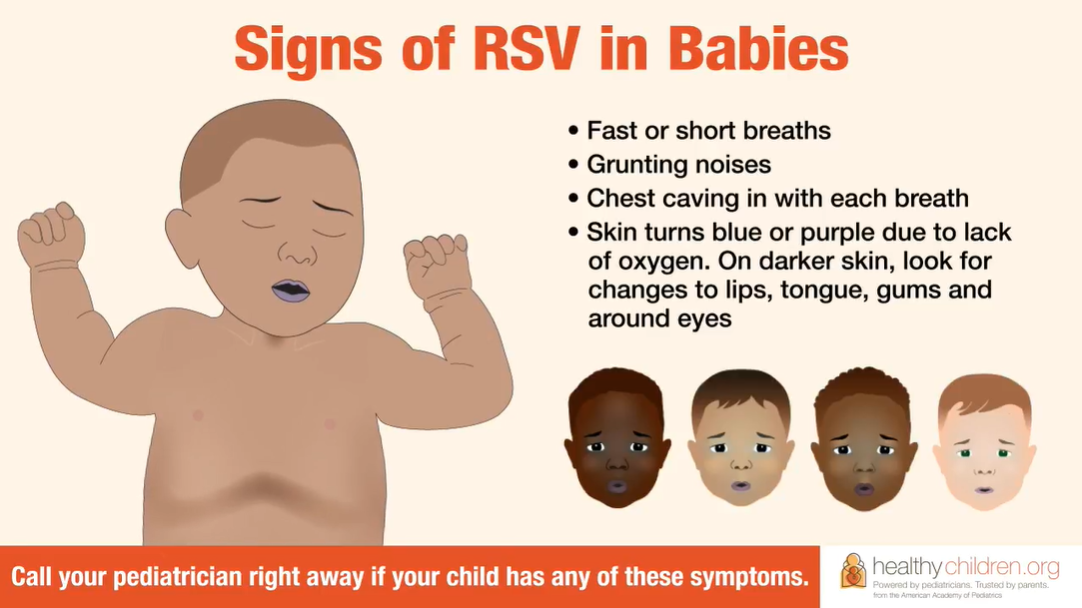
Mesmerizing Who Can Get Rsv Moment Concept
Discover an amazing who can get rsv background image, ideal for personalizing your devices with vibrant colors and intricate designs.
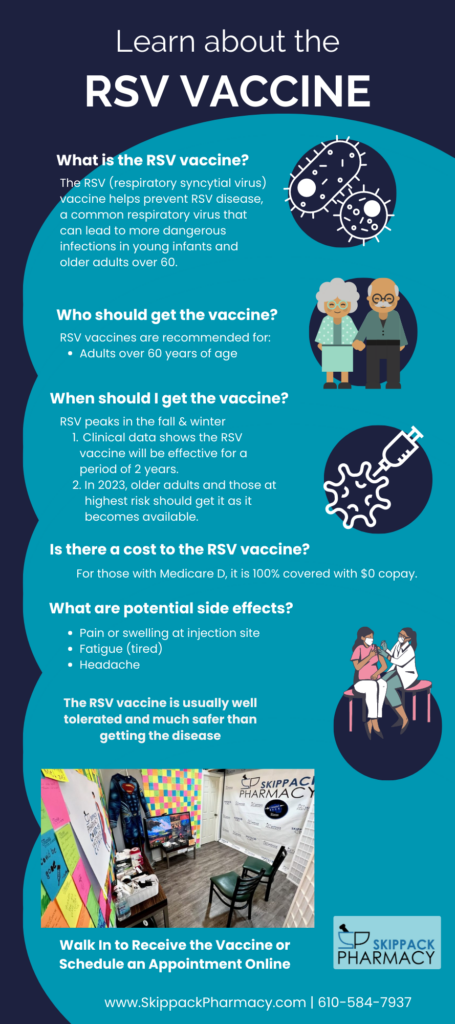
Stunning Who Can Get Rsv Scene Concept
A captivating who can get rsv scene that brings tranquility and beauty to any device.

Mesmerizing Who Can Get Rsv Design Digital Art
Transform your screen with this vivid who can get rsv artwork, a true masterpiece of digital design.
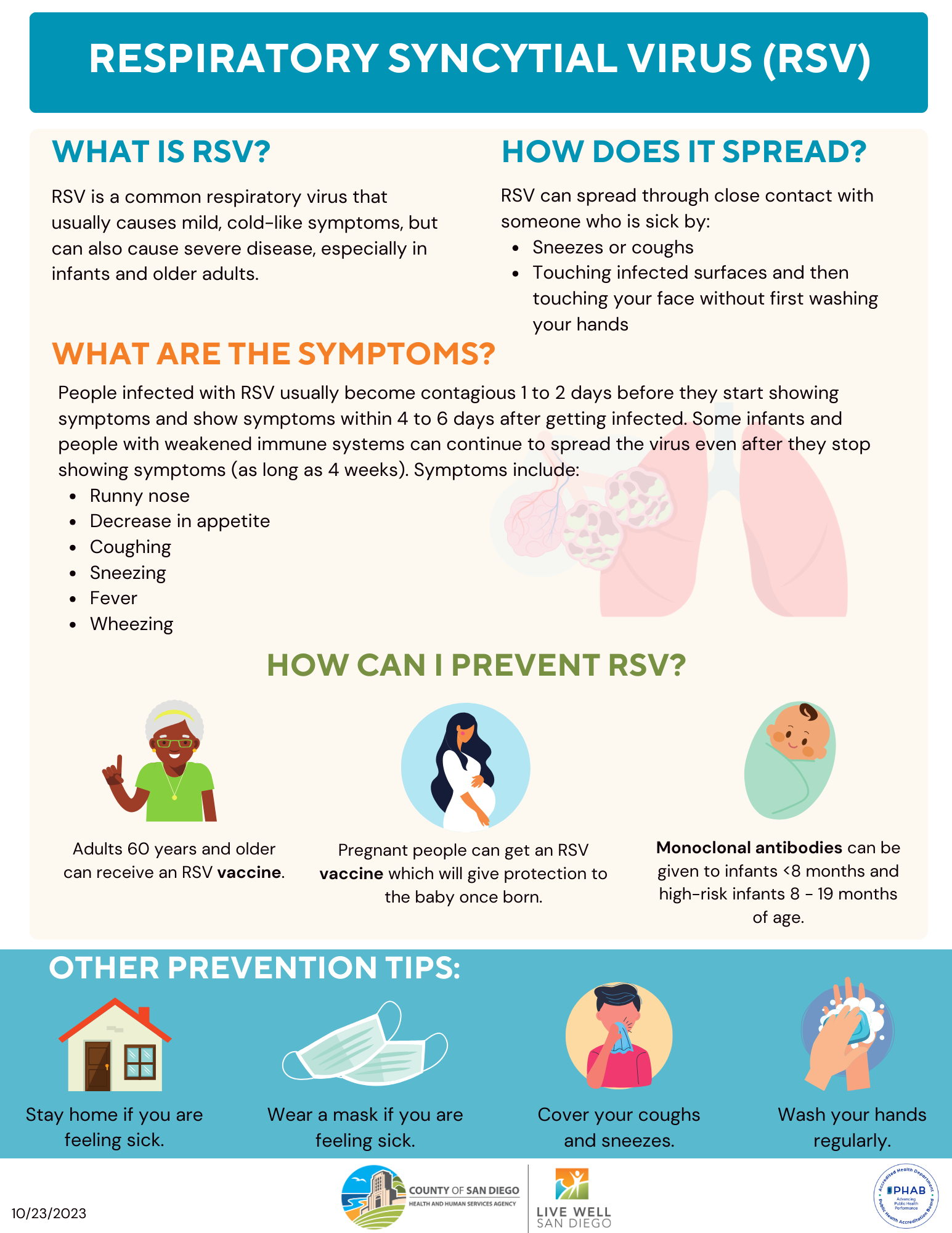
Beautiful Who Can Get Rsv Scene Collection
Discover an amazing who can get rsv background image, ideal for personalizing your devices with vibrant colors and intricate designs.

Mesmerizing Who Can Get Rsv Design in 4K
Transform your screen with this vivid who can get rsv artwork, a true masterpiece of digital design.

Mesmerizing Who Can Get Rsv Abstract Digital Art
Transform your screen with this vivid who can get rsv artwork, a true masterpiece of digital design.

Gorgeous Who Can Get Rsv Moment for Mobile
This gorgeous who can get rsv photo offers a breathtaking view, making it a perfect choice for your next wallpaper.
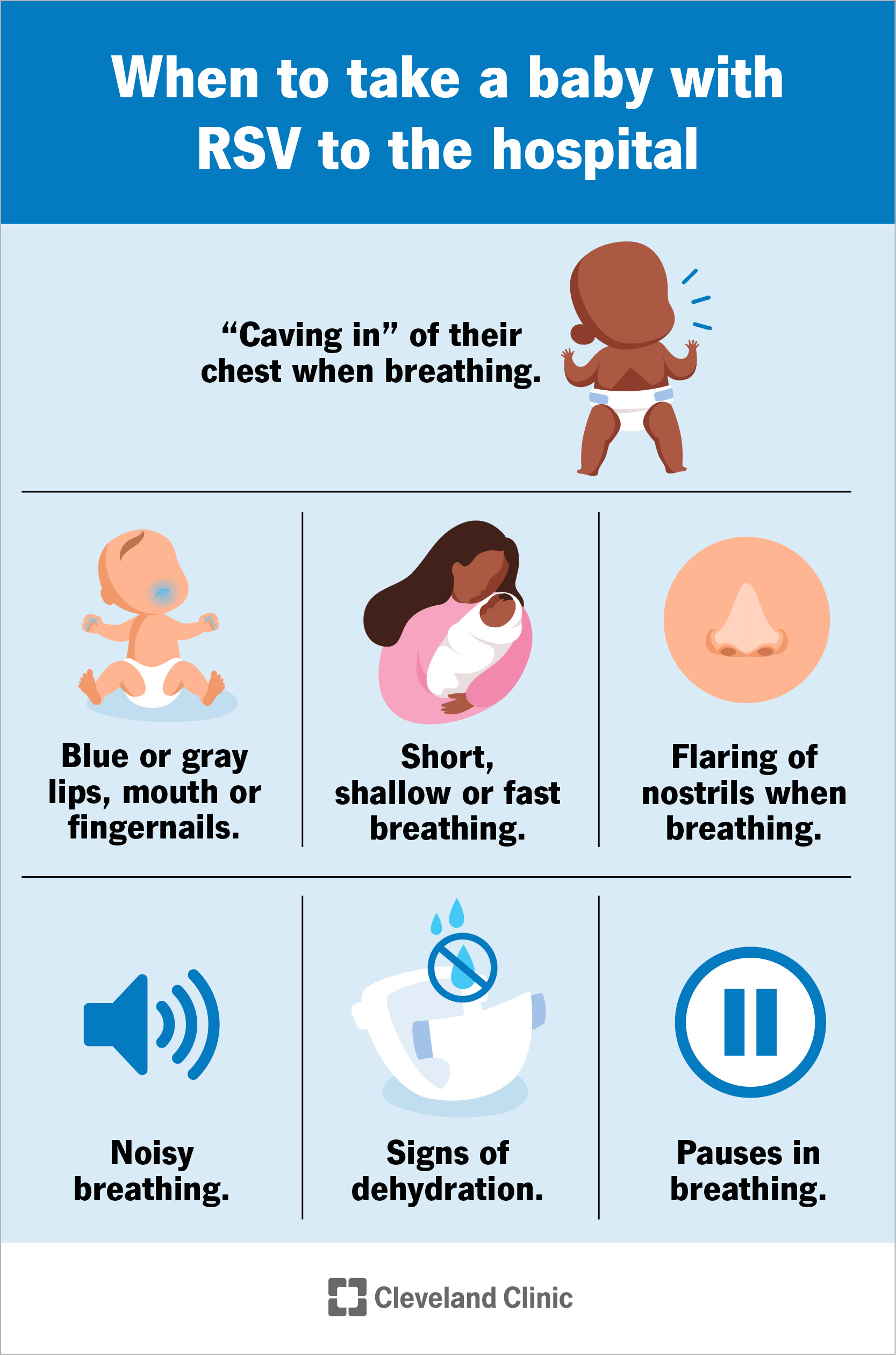
Mesmerizing Who Can Get Rsv Background for Mobile
Explore this high-quality who can get rsv image, perfect for enhancing your desktop or mobile wallpaper.

Gorgeous Who Can Get Rsv Picture Art
Find inspiration with this unique who can get rsv illustration, crafted to provide a fresh look for your background.

Crisp Who Can Get Rsv View for Your Screen
Immerse yourself in the stunning details of this beautiful who can get rsv wallpaper, designed for a captivating visual experience.
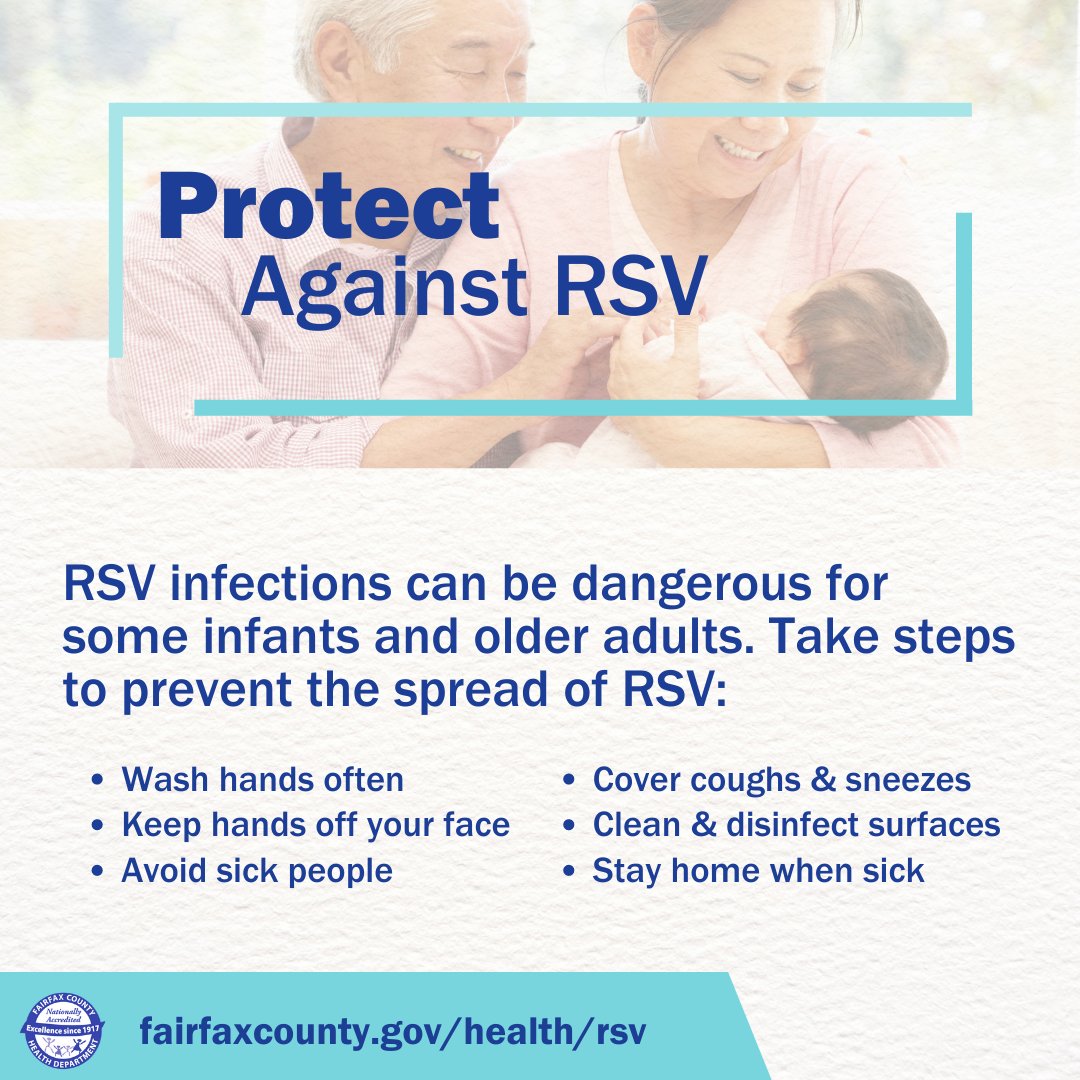
Artistic Who Can Get Rsv View for Desktop
This gorgeous who can get rsv photo offers a breathtaking view, making it a perfect choice for your next wallpaper.
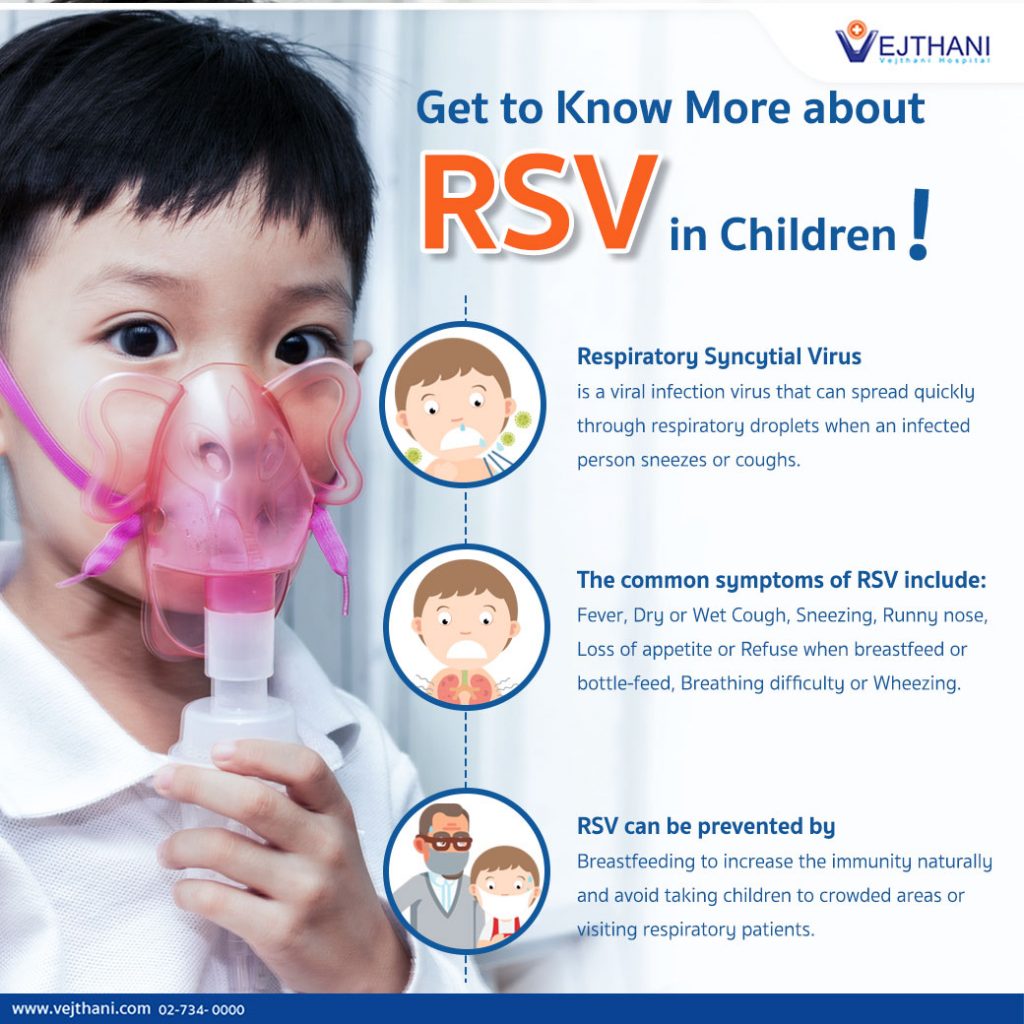
Detailed Who Can Get Rsv Landscape for Desktop
Discover an amazing who can get rsv background image, ideal for personalizing your devices with vibrant colors and intricate designs.

Artistic Who Can Get Rsv Moment Nature
Immerse yourself in the stunning details of this beautiful who can get rsv wallpaper, designed for a captivating visual experience.
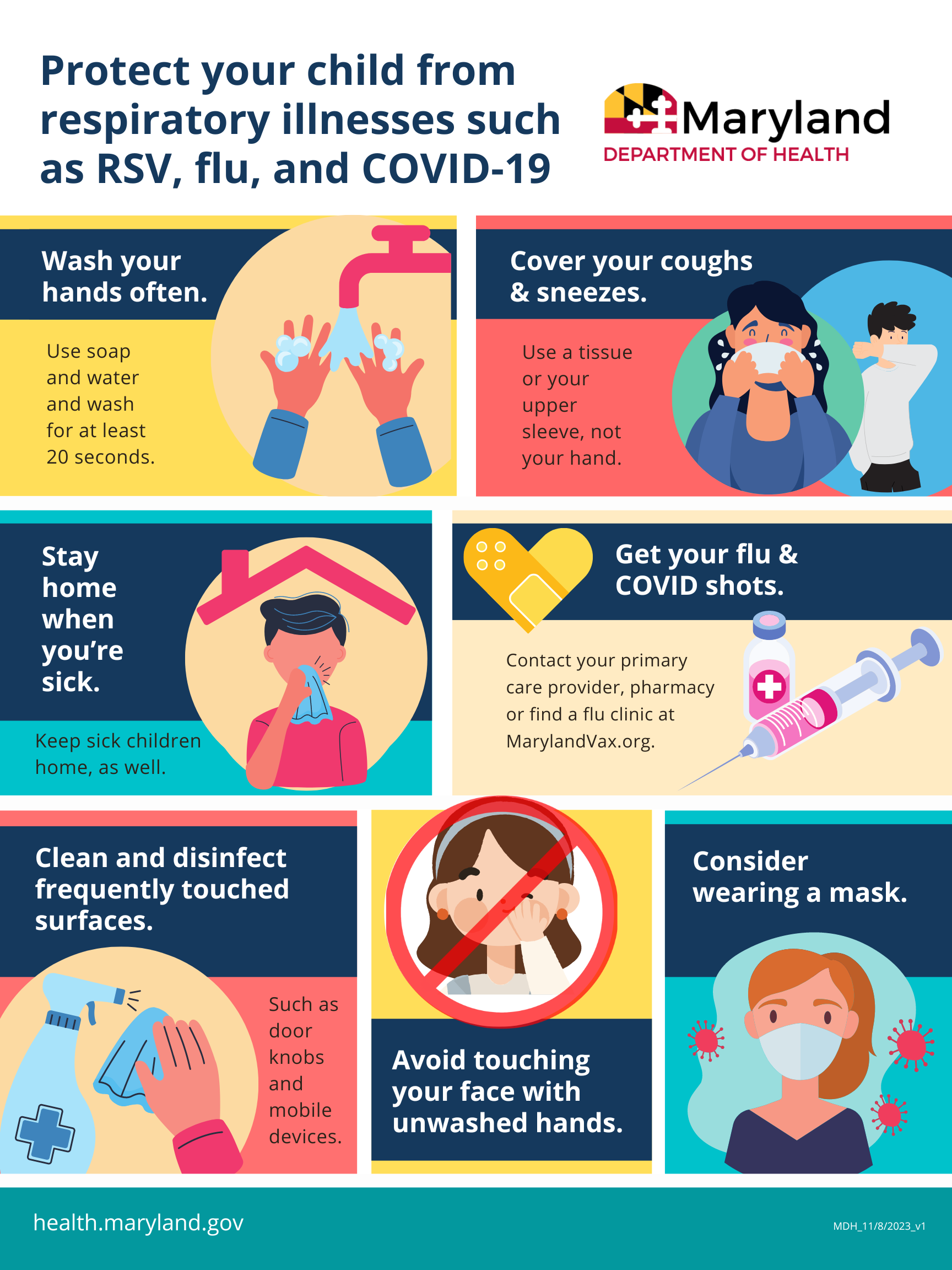
Beautiful Who Can Get Rsv Wallpaper Photography
Discover an amazing who can get rsv background image, ideal for personalizing your devices with vibrant colors and intricate designs.

Spectacular Who Can Get Rsv Artwork in 4K
This gorgeous who can get rsv photo offers a breathtaking view, making it a perfect choice for your next wallpaper.
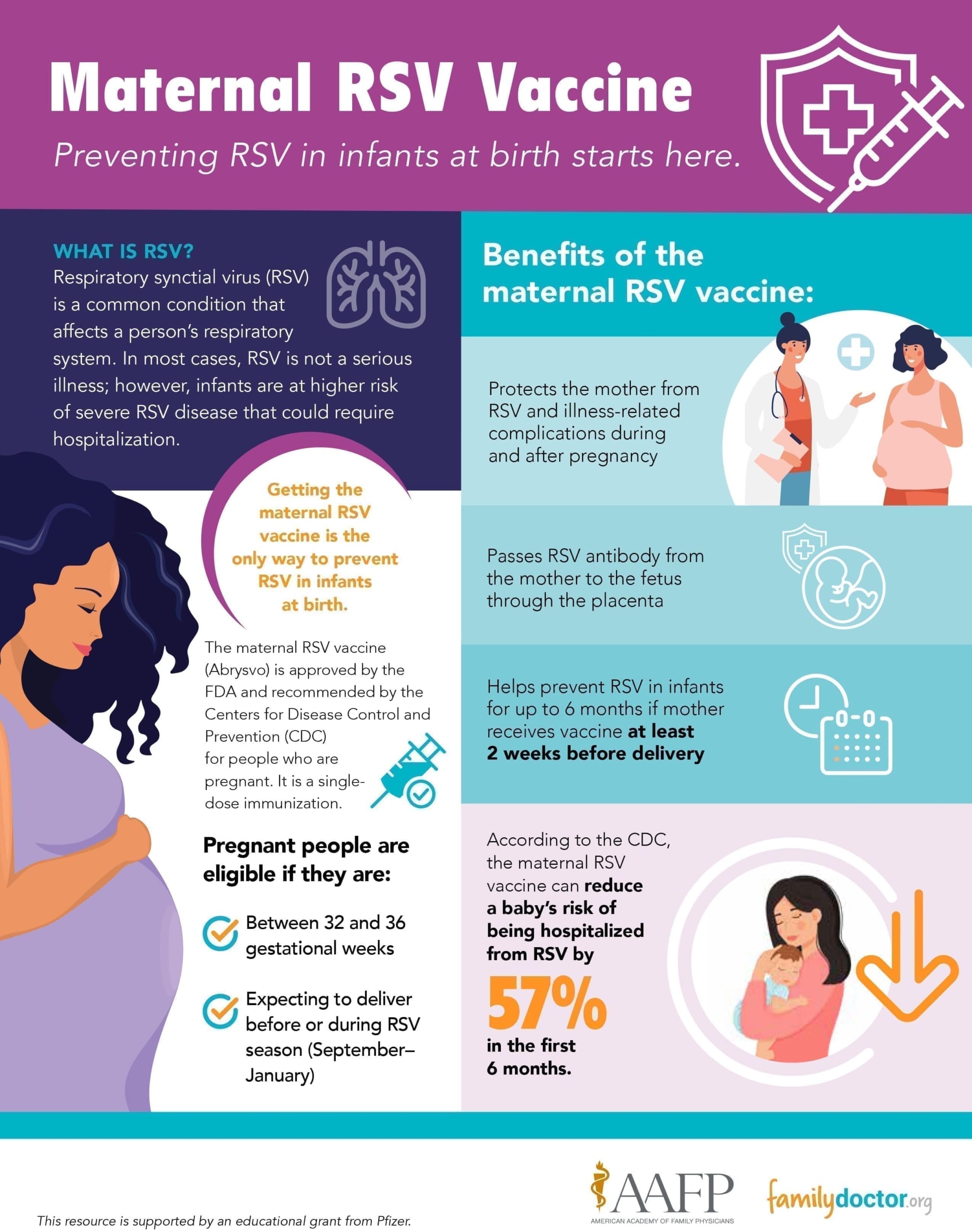
Vivid Who Can Get Rsv Wallpaper Illustration
Experience the crisp clarity of this stunning who can get rsv image, available in high resolution for all your screens.

Detailed Who Can Get Rsv Scene Collection
Explore this high-quality who can get rsv image, perfect for enhancing your desktop or mobile wallpaper.
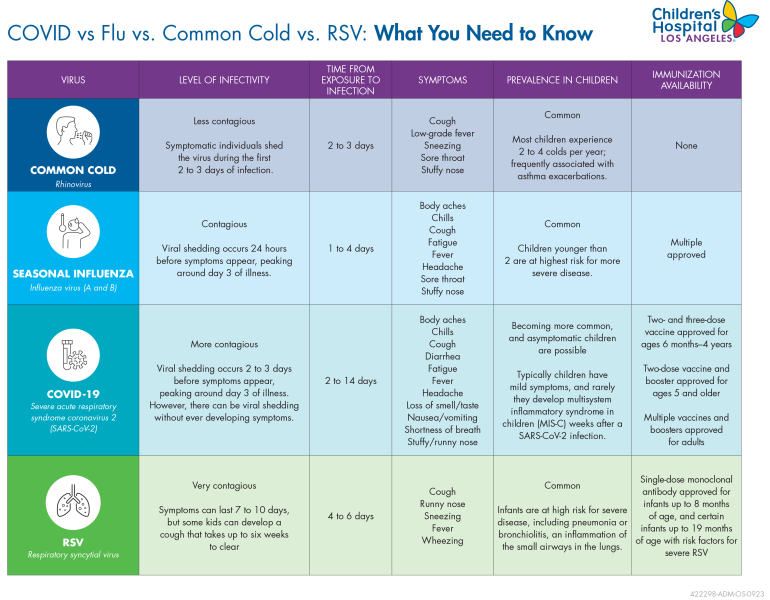
Crisp Who Can Get Rsv Picture in HD
Find inspiration with this unique who can get rsv illustration, crafted to provide a fresh look for your background.
Download these who can get rsv wallpapers for free and use them on your desktop or mobile devices.
0 Response to "Who Can Get Rsv"
Post a Comment